POCTRN Unveils Six New Funding Opportunities to Propel Point-of-Care Technologies
In a stride towards fostering groundbreaking advancements in healthcare technology, the National Institute of Biomedical Imaging and Bioengineering's Point-of-Care Technologies Research Network (NIBIB's POCTRN) program announces six exciting new funding opportunities.
POCTRN is actively seeking applications from both academic and industry innovators who are spearheading transformative developments in point-of-care technologies. This call for applications encompasses a diverse range of areas, including but not limited to sexually transmitted infections (STIs), cancer detection, emerging infectious diseases in low-resource settings, and addressing challenges related to heart, lung, blood, and sleep disorders.
Each center offers unique awards, with the potential for funding reaching up to $150,000. Successful applicants may also receive 12 months of in-kind support services.
To learn more about this opportunity and understand the application process, visit our website.
The deadline for this opportunity has passed.
Timeline
Solicitation Release: February 20, 2024
Expression of Interest Due: March 31, 2024 11:59PM ET
Invitations for Full Proposals: April 29, 2024
Full Proposals Due: June 2, 2024, 11:59PM ET
Notification of Successful Applicants: August 5, 2024
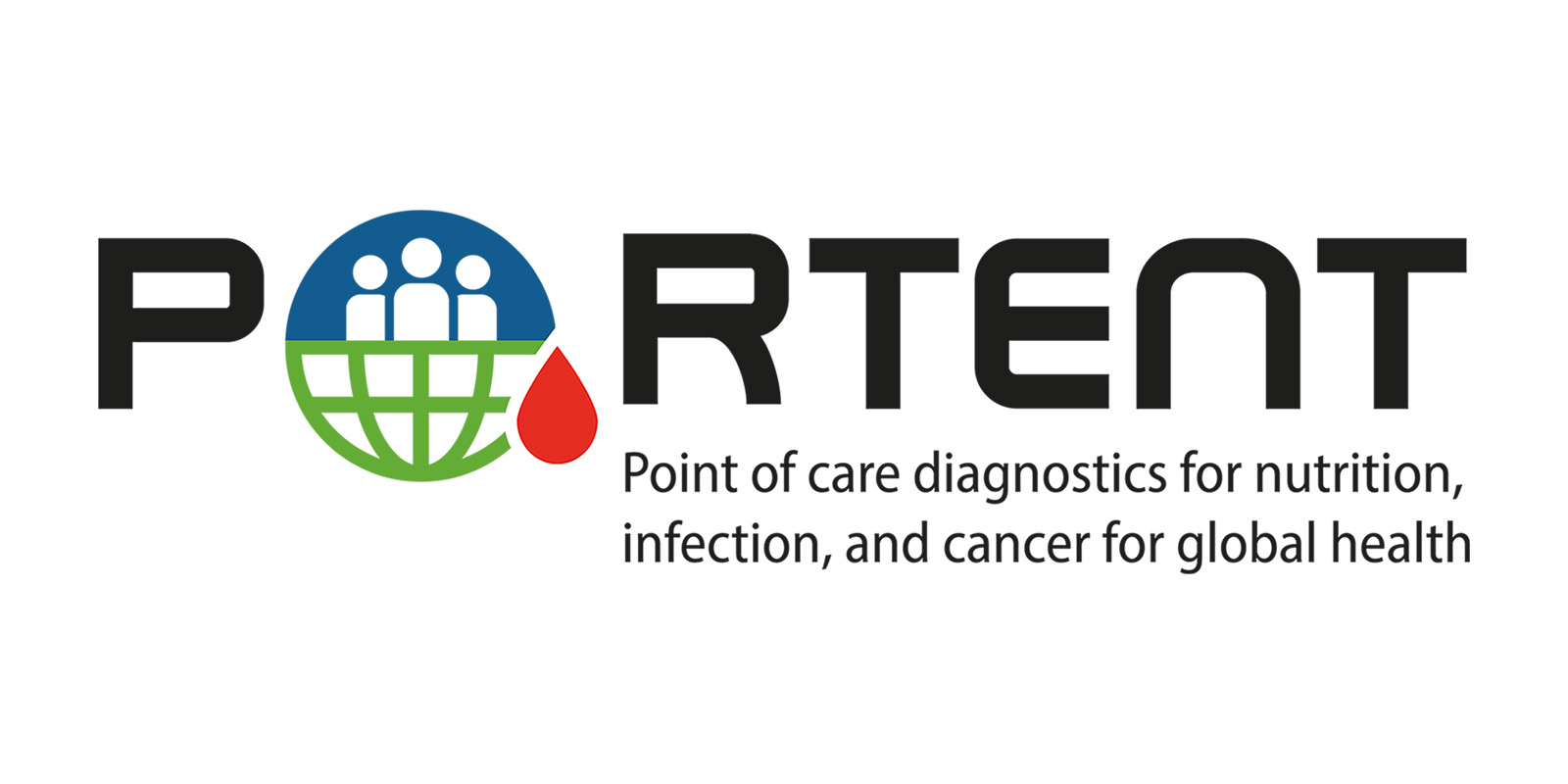
Center for Point of Care Technologies for Nutrition, Infection, and Cancer in Global Health at Cornell University
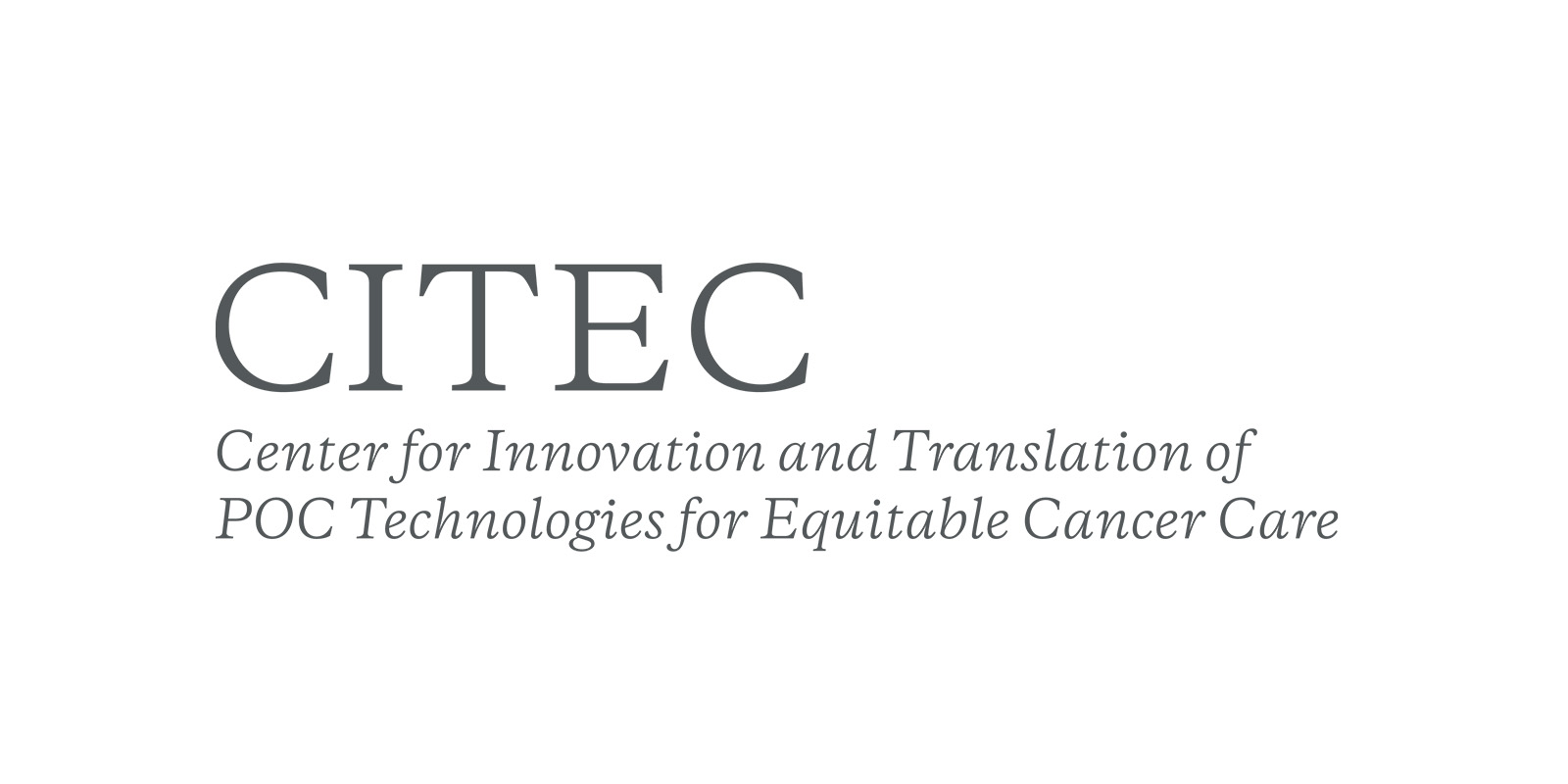
Center for Innovation and Translation of Point of Care Technologies for Equitable Cancer Care
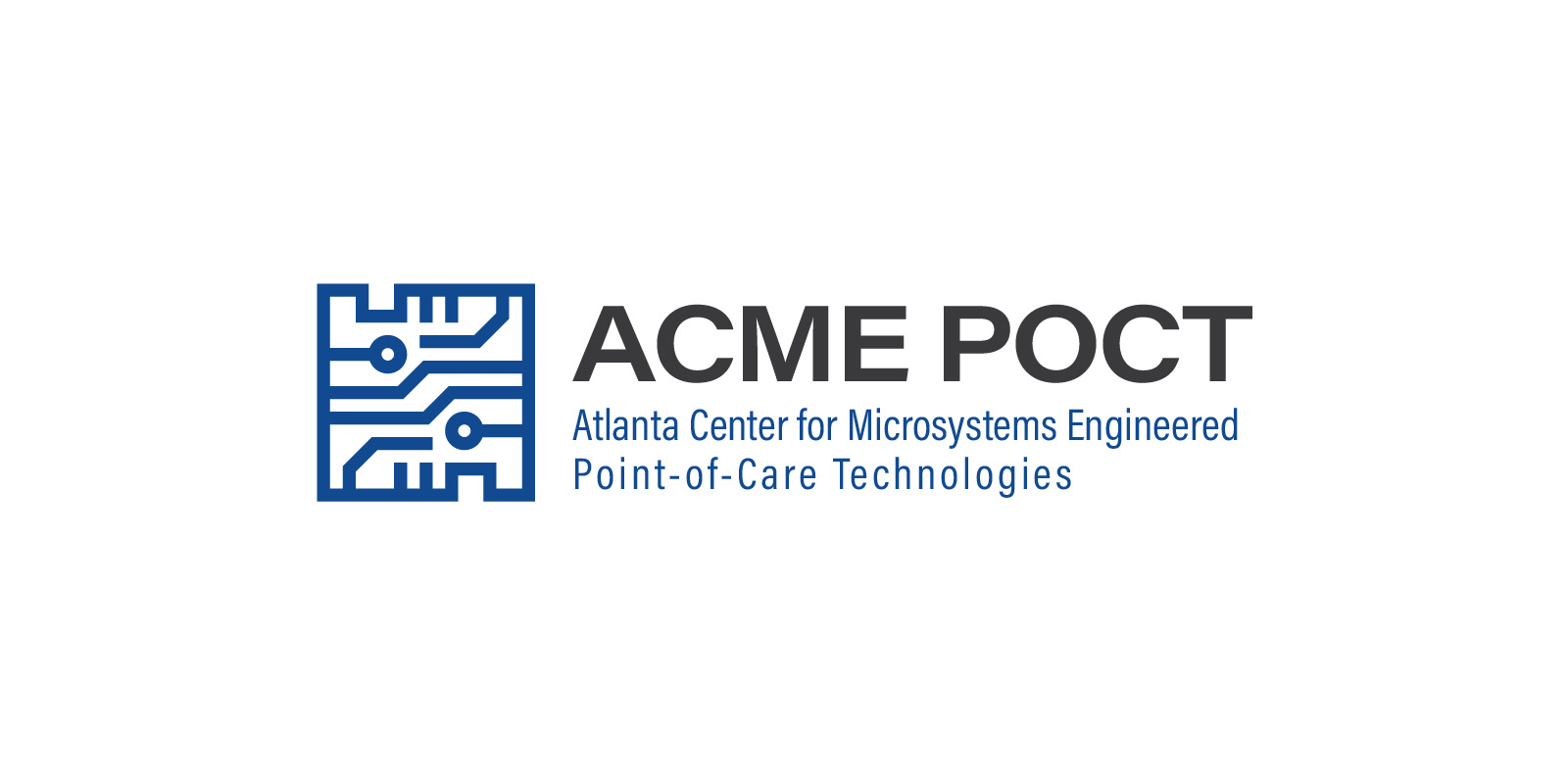
Atlanta Center for Microsystems Engineered Point-of-Care Technologies
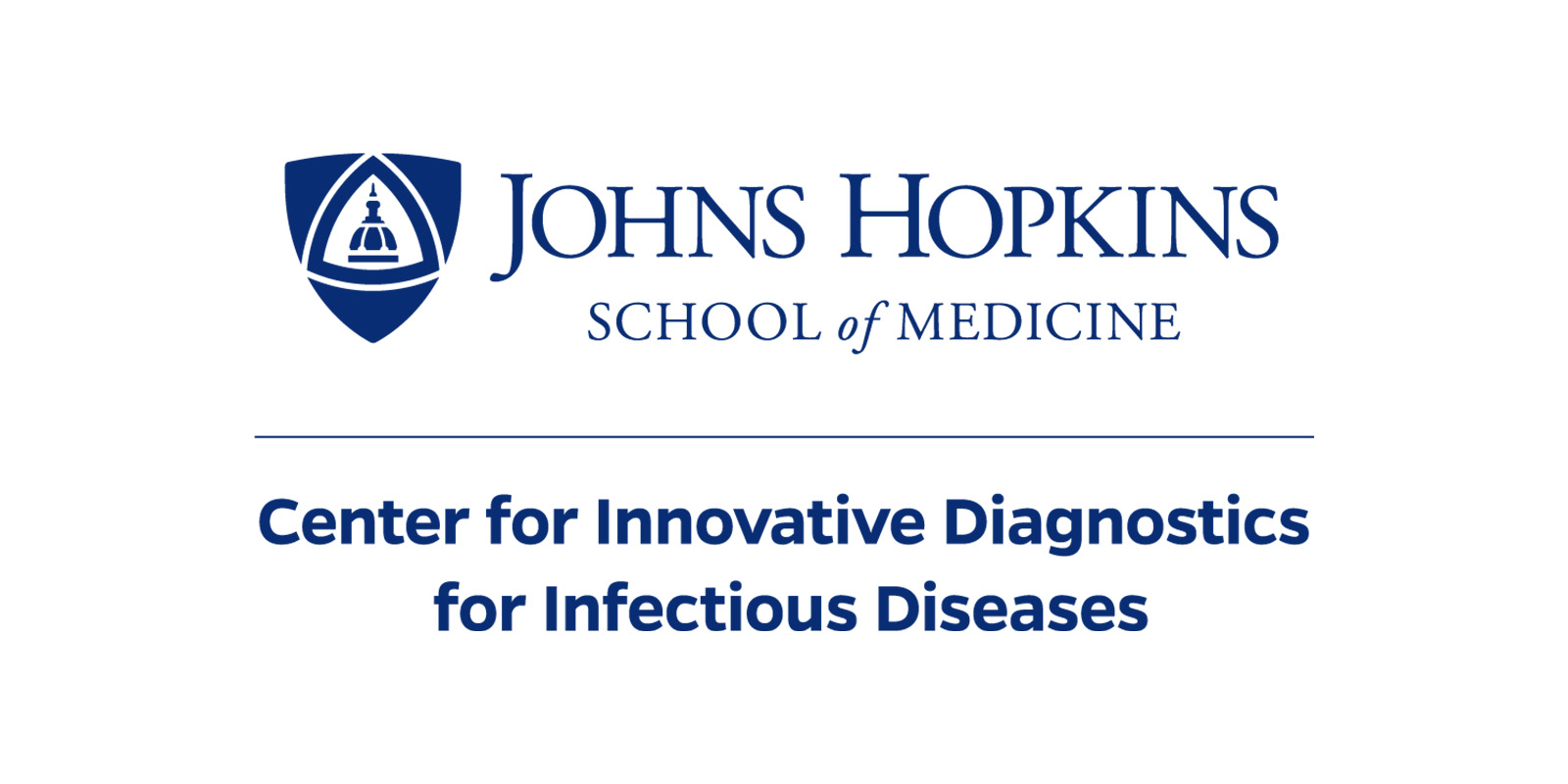
Johns Hopkins Center for Innovative Diagnostics for Infectious Diseases
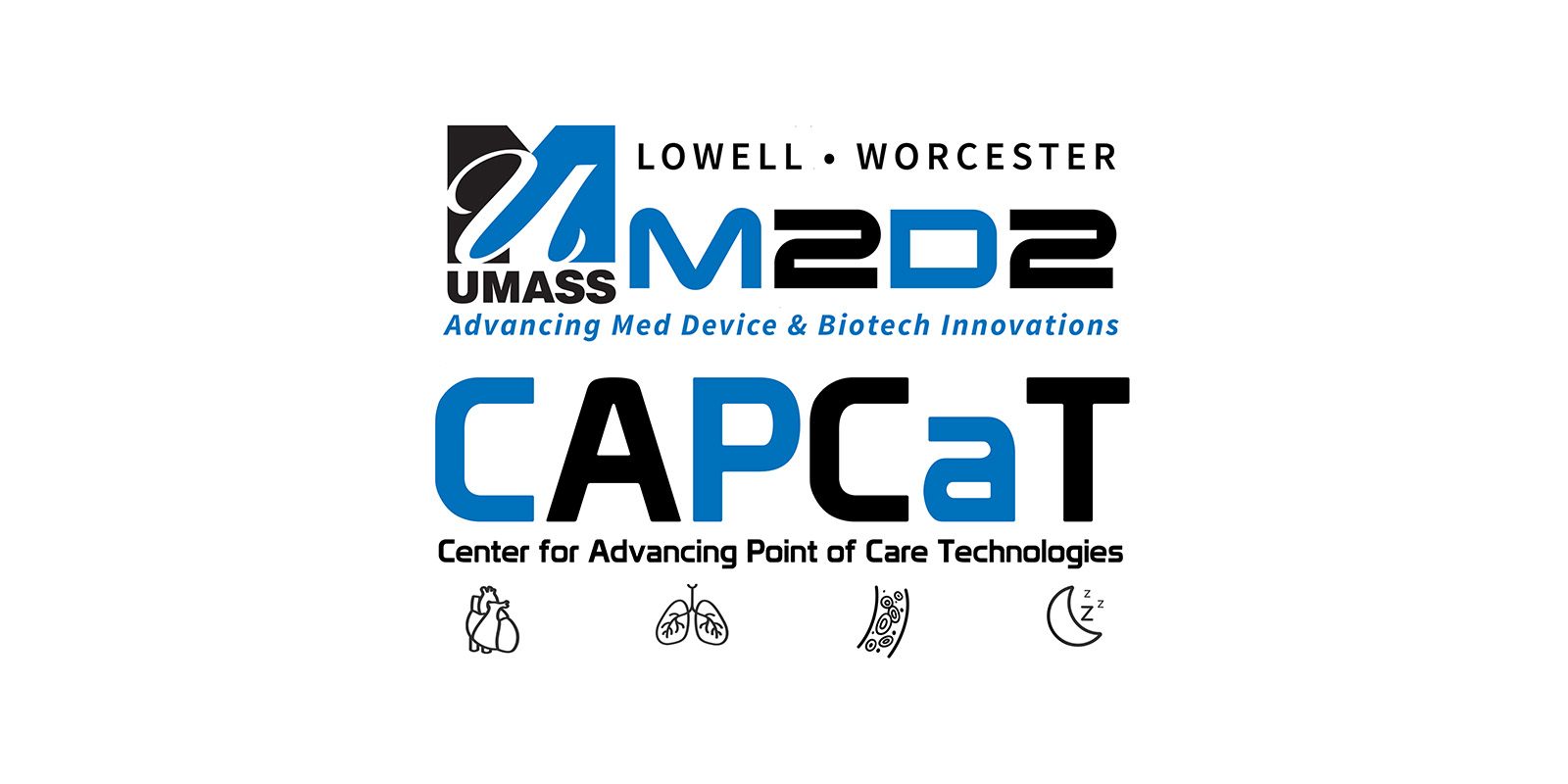
Center for Advancing Point of Care in Heart, Lung, Blood, and Sleep Diseases

